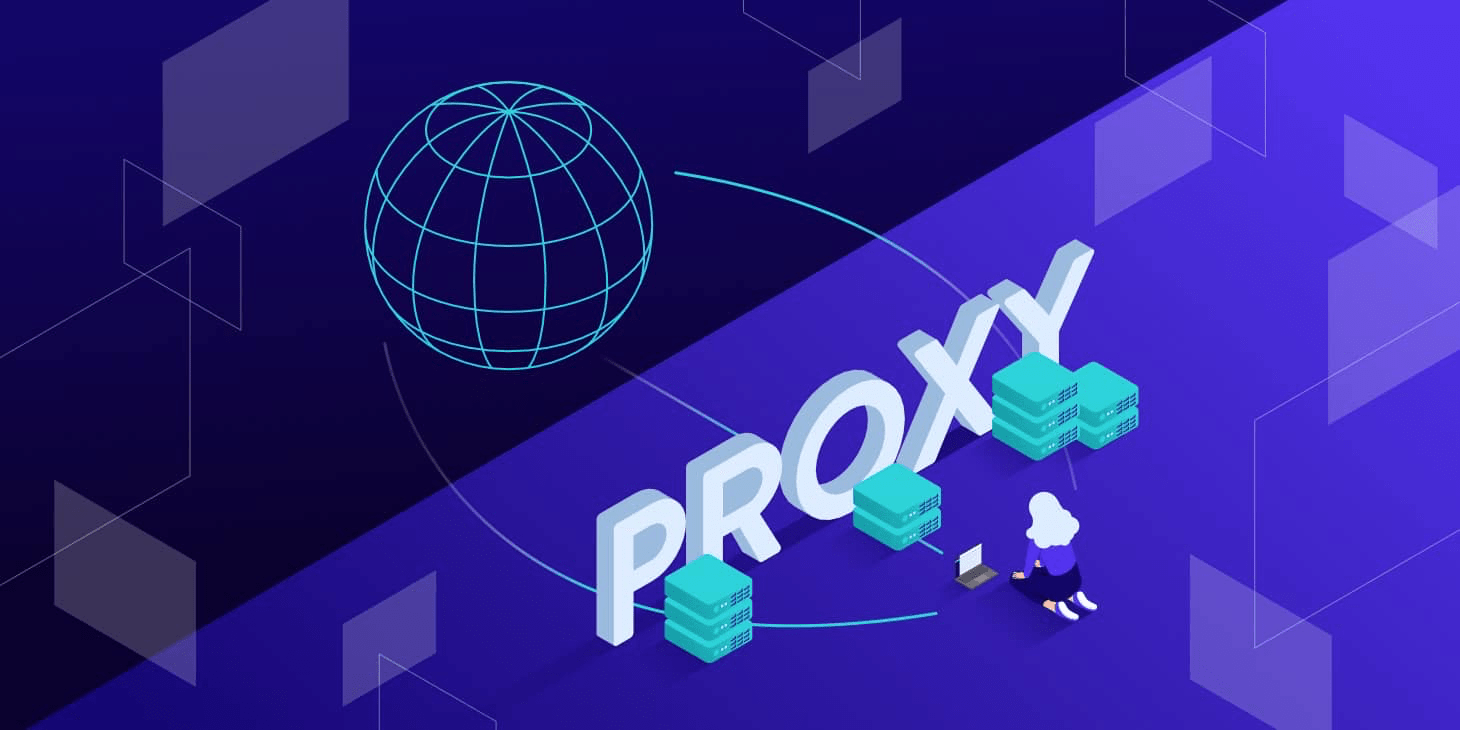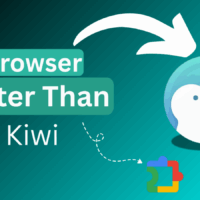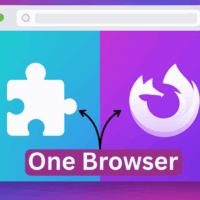The internet has become important, offering access to extensive information and entertainment.
Websites may sometimes be inaccessible due to certain reasons. This can be frustrating, especially when trying to access important content or stay updated on global trends.
Luckily, there are methods to unblock these sites and regain access to desired online content.
This guide will delve into effective approaches to unblocking blocked sites and restoring internet freedom.
What is Unblockit?

Unblockit is a platform designed to bypass restrictions on torrent sites through proxy servers and mirror sites.
If a torrent site is inaccessible in a specific area, Unblockit redirects your internet traffic through a server located in an unrestricted region, enabling access to the site.
This method allows you to visit torrent sites securely and anonymously, as your online actions are concealed by the proxy server, hiding your original IP address.
It’s essential to recognize that accessing torrent sites can still entail legal and security hazards, requiring you to exercise vigilance and awareness regarding related laws and potential risks associated with torrenting.
Why do Websites Get Blocked?
Websites can be blocked due to various reasons including:
- Government Censorship: Governments in certain regions may enforce strict censorship to regulate information flow, resulting in the blocking of news sites, social media platforms, and outlets advocating for freedom of expression.
- Geographical Restrictions: Some websites limit access based on the user’s location. This commonly occurs with streaming platforms that possess content licenses restricted to specific countries.
- Site Bans: Internet service providers (ISPs) or authorities can ban websites that breach terms of service, host illegal content, or engage in malicious activities.
- Network Filters: Educational institutions, workplaces, and public Wi-Fi networks often employ filters to block specific websites deemed inappropriate or distracting. These filters may hinder access to social media platforms, gaming sites, and similar content.
Ways of Unblocking Websites
Here are several ways to unblock websites:
1. Using Virtual Private Networks (VPNs)
VPNs are the primary choice for accessing blocked websites, providing more than simple bypassing capabilities.
They redirect your internet traffic through secure servers, encrypting the data in transit. This not only conceals your IP address but also safeguards your online identity.
Although the setup process might appear intricate, VPNs operate seamlessly in the background once configured, enabling unrestricted browsing.
However, it’s important to note that VPN server performance can vary, and while many effective services exist, some may necessitate a subscription fee.
2. Using Tor Browser
The Tor Browser, an open-source tool, conceals your IP address from both the destination server and your Internet Service Provider (ISP) by routing your data through a network of volunteer servers.
It serves as an effective means to access blocked websites. To try it out, simply download Tor and use it as your primary browser.
Be aware that using Tor may slow down your connection speed, and some websites may still be inaccessible.
3. Using Proxy Servers
Proxy servers operate similarly to VPNs in rerouting traffic, yet they lack encryption, rendering them less secure, particularly for sensitive data.
Proxies offer a swift and often free method to bypass blocks. Their fewer server choices compared to VPNs may impact reliability.
While suitable for irregular usage, exercising caution with personal information is important.
What to Do if Unblockit Not Working?
If you are experiencing issues with the Unblockit site not working, you can try the following steps to address the situation.
Firstly, you can check if the site is undergoing maintenance or experiencing temporary downtime by visiting it at a later time. If the problem persists, it is advisable to ensure that your internet connection is stable and functioning properly.
Additionally, you may consider using alternative methods or tools to unblock the websites you need access to until the issue with Unblockit is resolved.
Is It Legal to Unblock Websites?
Unblocking websites’ legality hinges on location and context. Due to government restrictions, it’s illegal in authoritarian nations like China and Russia.
Similarly, it’s prohibited on school computers under the Children’s Internet Protection Act. While unblocking workplace computers is technically legal, it may still result in disciplinary action from employers enforcing policies.
It’s prudent to weigh potential consequences before attempting such actions, as dismissal for accessing trivial content could result.
Unblocking websites using services like Unblockit may raise legal concerns. The legality depends on the laws of different countries and regions. It’s important to be aware of potential legal consequences and understand the policies governing the systems used to access blocked content.
Unblockit Safety
While these techniques can aid in unblocking content, it’s essential to prioritize online security and privacy. Here are some recommendations to stay secure:
- Opt for Trusted Sources: When utilizing proxy servers or web mirrors for unblocking content, ensure you choose reputable sources to mitigate security risks.
- Utilize HTTPS: Whenever feasible, access websites through the HTTPS protocol. This encrypts your data, enhancing privacy during unblocking processes.
- Exercise Caution with Phishing: Be vigilant when inputting personal information on unfamiliar websites. Some methods used for accessing blocked content may pose phishing threats.
- Maintain Updated Security Software: Regularly update your antivirus and anti-malware programs to defend against potential threats.
- Employ Strong Passwords: If you’re required to create accounts for accessing content, use robust and distinct passwords to deter unauthorized access.
Bottom Line
Unblocking websites may appear challenging, yet with appropriate tools and understanding, it’s typically a feasible endeavor.
Whether it involves resolving a straightforward cache problem or navigating through a complex network block, there’s typically a solution available.
This guide equips you with the important steps and insights to surmount these obstacles and attain unhindered access to the internet.
If you've any thoughts on Unblockit: Is the Service Safe and Legal, then feel free to drop in below comment box. Also, please subscribe to our DigitBin YouTube channel for videos tutorials. Cheers!









